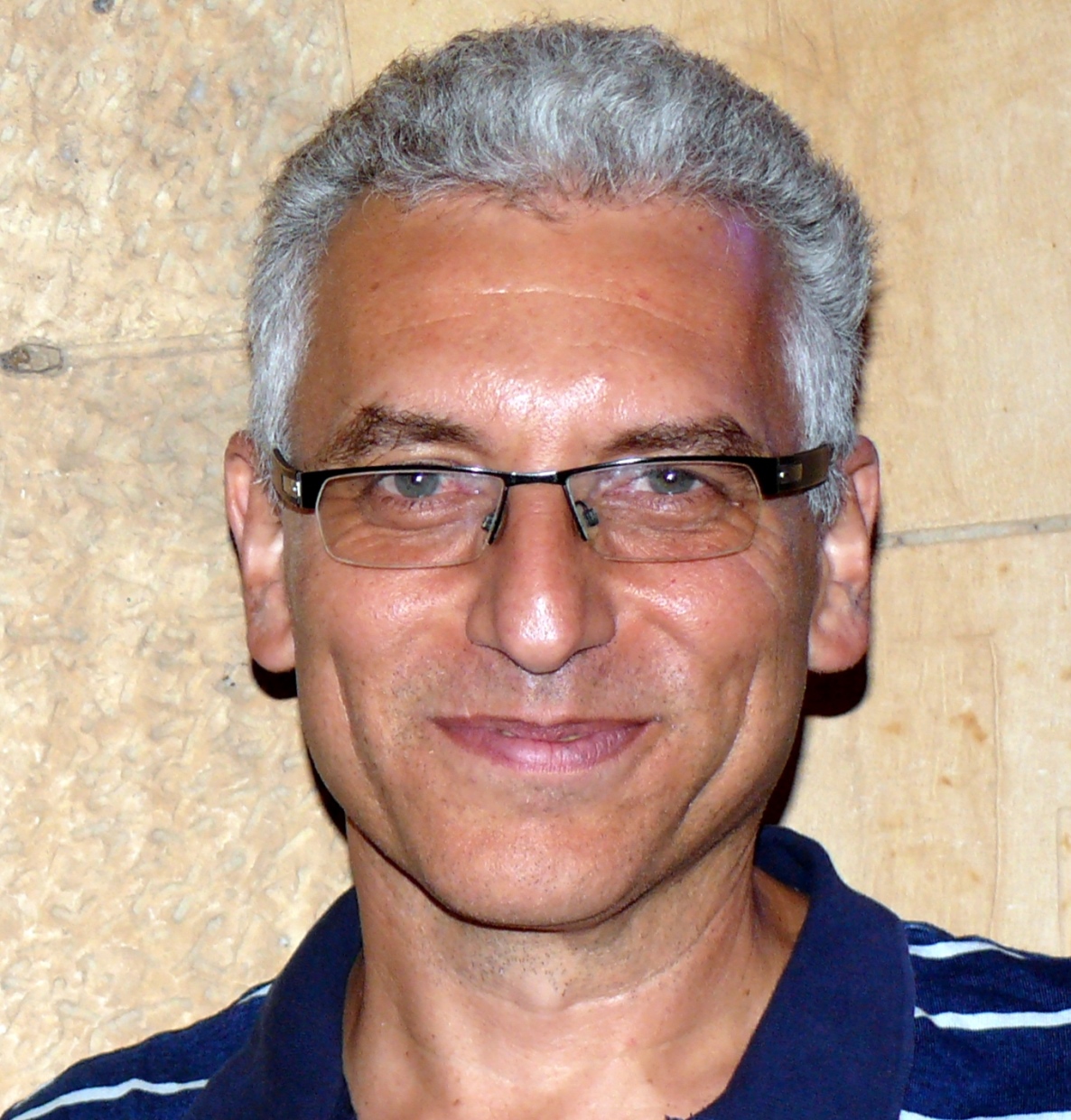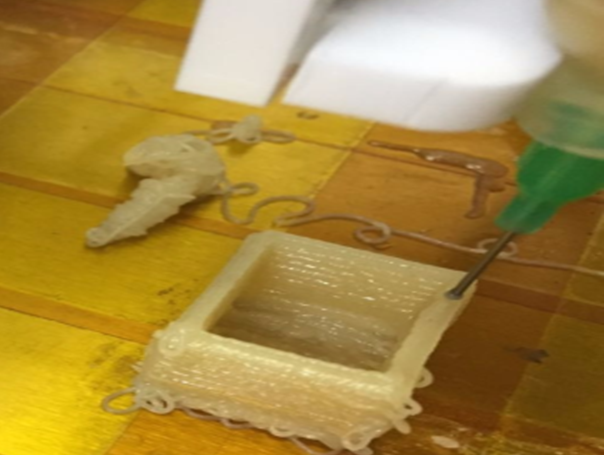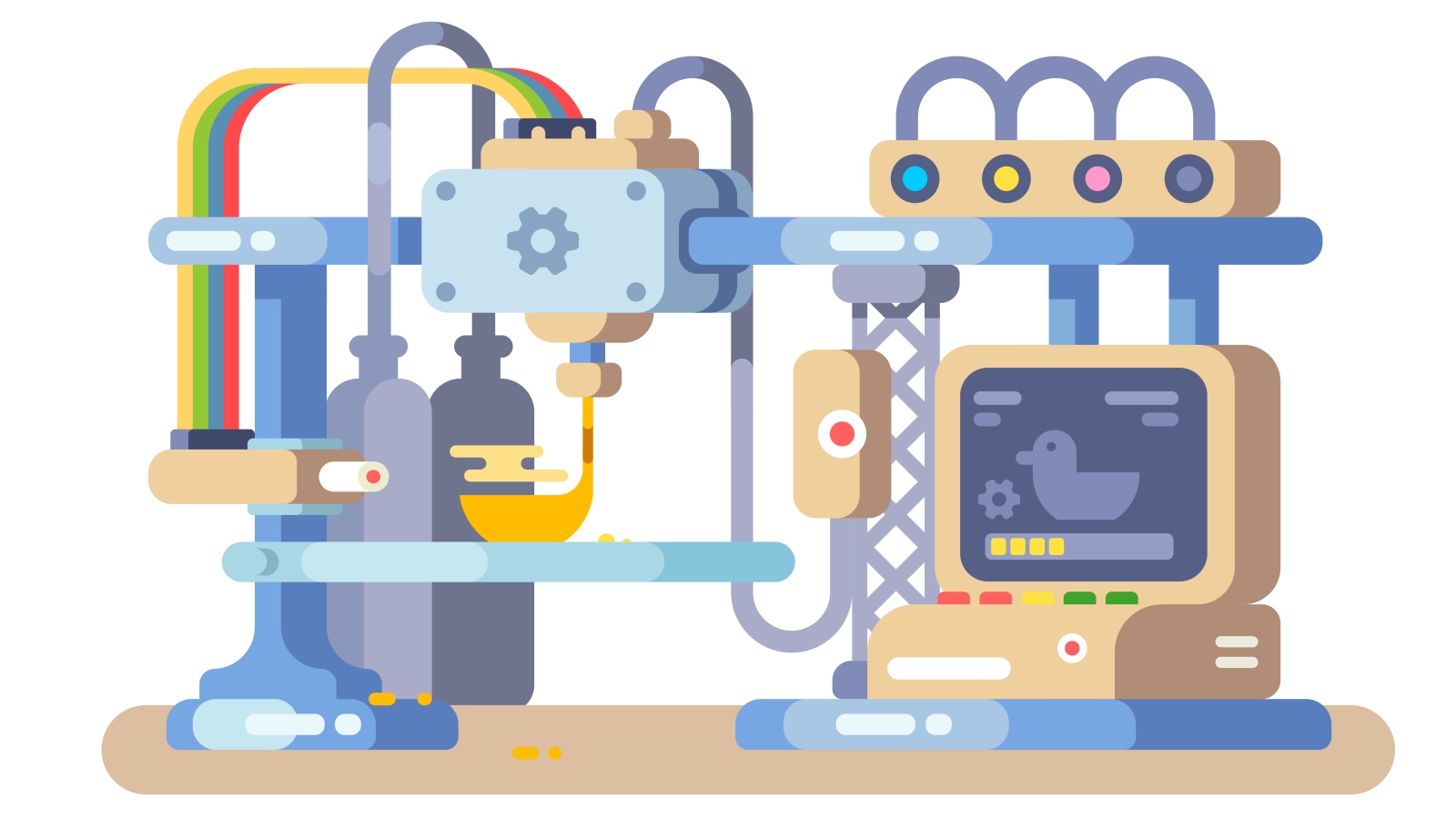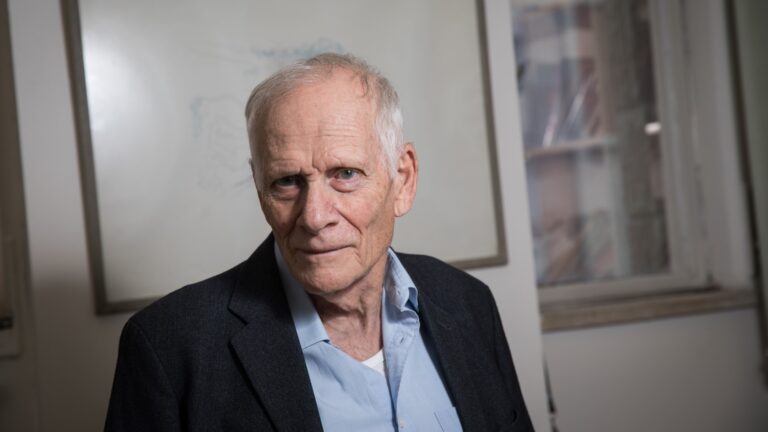Two professors from the Hebrew University of Jerusalem have developed a novel platform, based on edible calorie-free nano-cellulose fiber, which will enable people to 3D-print personalized food according to pre-defined criteria.
Prof. Ido Braslavsky presented the new technology at the 3D Printing and Beyond: Current and Future Trends conference at the university on October 25. The conference introduce breakthrough 3D-printing innovations by Israeli and international experts from academia and industry.

The novel solution can serve a variety of populations including the gluten-free, vegetarian and vegan markets, as well as the specialized diet market for anyone from athletes to people with diabetes or celiac disease.
“The ability to automatically prepare, mix, form and cook personalized food in one device is a truly revolutionary concept,” said Yaron Daniely, head of the university’s Yissum Research & Development technology-transfer company.
“The idea is to enable full control of the substances used, for the purpose of creating healthy and tasty meals that can be eaten immediately. This has the potential to address a variety of challenges facing the field of nutrition, from the demand for personalized food … to addressing the problem of lack of food in developing countries,” said Daniely.
The self-assembly properties of nano-cellulose fibers enable the addition and binding of proteins, carbohydrates and fats as well as controlling the food’s texture. The substance could be cooked, baked, fried or grilled while being printed out in the three dimensional space.

Braslavsky directs the Inter-Faculty Biotechnology Program at the Institute of Biochemistry, Food Science, and Nutrition at the university’s Robert H. Smith Faculty of Agriculture, Food and Environment. He invented the food printer with Prof. Oded Shoseyov from the Robert H. Smith Institute of Plant Sciences and Genetics in Agriculture.
Shoseyov, a serial biotech inventor, is behind innovative technologies for turning dog waste into odorless ash fertilizer, extracting nano-crystalline cellulose from side streams of the paper industry, and tissue-repair products made from recombinant human collagen.
The conference was organized by the 3D & Functional Printing Center at the Hebrew University and Yissum, with the support of the Jerusalem Development Authority, the Ministry of Jerusalem Affairs and the Jerusalem Municipality.
















